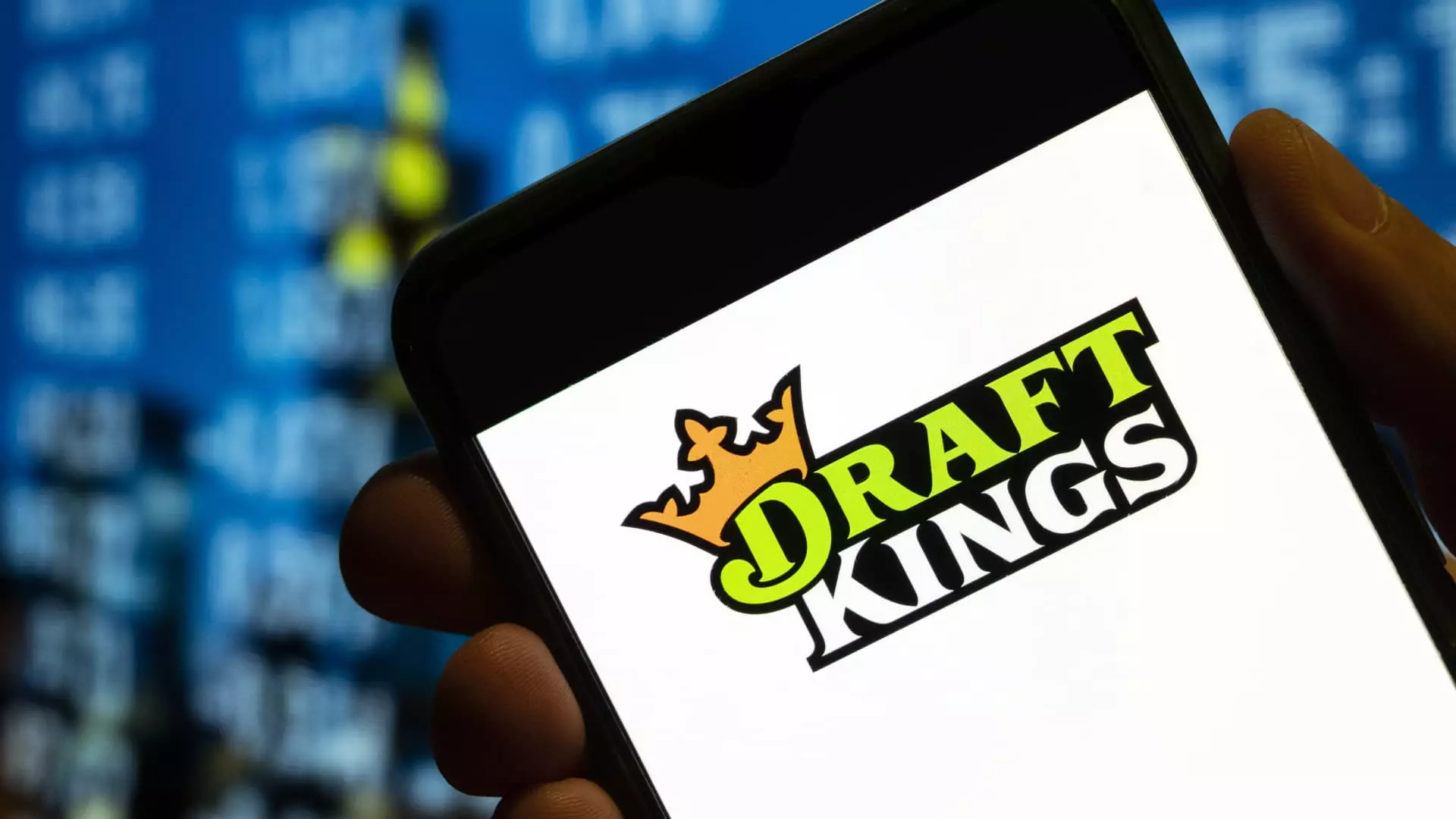The competitive landscape of sports betting is undergoing a significant transformation, and industry giant DraftKings is boldly stepping forward with a novel offering: DraftKings Sportsbook+. Launched discreetly on December 28, this subscription service arrives as a strategic maneuver aimed at enhancing the betting experience for its users, particularly in New York—a region renowned for its robust sports wagering market. By introducing a tiered profit-boost system for parlays, DraftKings aims not only to attract more subscribers but also to harness the potential of subscription-based revenue models in the highly competitive online betting space.
At a price point of $20 per month, DraftKings Sportsbook+ promises participants an enticing profit boost on winning parlays. The profit enhancements increase with the number of legs in a parlay; for instance, while a two-leg parlay enjoys a 10% boost, an eleven-leg parlay can score a staggering 100% increase in payouts. Such compelling offerings are designed to captivate seasoned bettors and casual gamers alike. However, it’s worth noting that the maximum bet eligible for these boosts is capped at $25, which may raise questions about the overall potential returns for serious bettors who typically wager larger amounts.
New York presents a unique backdrop for this pilot program, particularly given the state’s 51% sports wagering tax—the highest in the U.S. DraftKings’ decision to trial this subscription could be a strategic endeavor to salvage a portion of their margins in a market where taxation could potentially siphon profits. As competitors also navigate these fiscal challenges, the way DraftKings addresses tax implications through innovative services could significantly influence competitive dynamics in the state and possibly beyond.
DraftKings’ venture into the subscription model is noteworthy not only for its immediate effects but also for its potential to disrupt traditional sportsbook operations. Being the first major U.S. operator to trial this model, DraftKings sets a precedent that could prompt other companies in the sector to explore similar subscription offerings. As the industry trends towards enhanced customer retention strategies, this initiative speaks to a broader movement of integrating customer loyalty programs with service offerings.
Furthermore, the adoption of such a model can create a more engaged betting community by providing a sense of exclusivity and belonging to subscribers. By making their betting experiences richer—coupled with a complimentary first month—DraftKings cleverly lowers the entry barrier for potential users, allowing them to test the waters before fully committing.
While the initial launch of DraftKings Sportsbook+ is limited to New York, the company’s willingness to expand in response to market feedback could signal a broader rollout across different states. As the landscape of online sports betting continues to evolve, initiatives like these will not only shape customer expectations but also redefine revenue models in this lucrative industry. With keen interest from industry insiders and a competitive market environment, DraftKings’ bold step into subscription-based sports betting highlights an exciting shift that merits close observation in the coming months.

